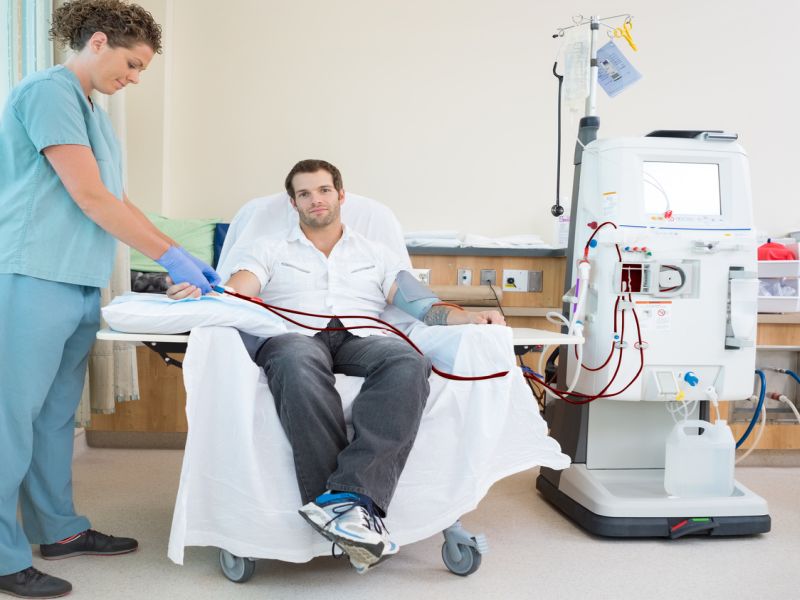
Novartis, the maker of a generic form of the popular heartburn drug Zantac, said Wednesday it will cease distribution of the medicine after investigations suggested that generic and branded versions contain a known carcinogen. A distribution halt is not the same as a full recall, and it means that generic Zantac (ranitidine) remaining on store… read on >





























